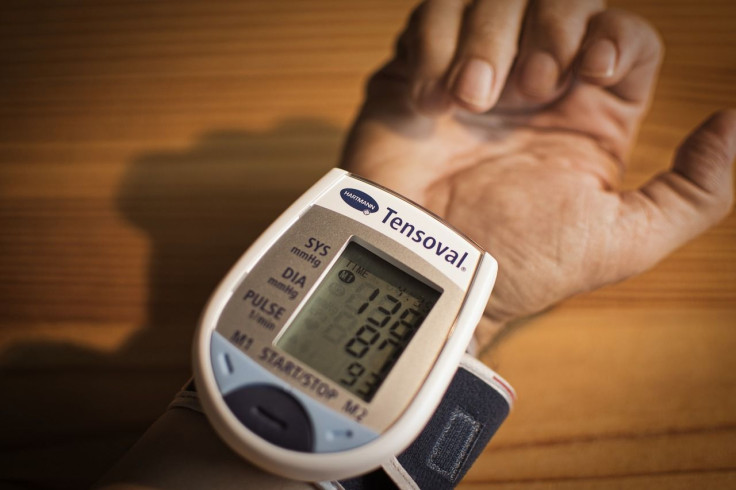Be Aware Of The High Blood Pressure Symptom Signaling A Serious Hypertensive Crisis

High blood pressure is the strength or force of the blood that is pushing against artery walls. When the pressure is too high, the heart works double-time. After a while, high blood pressure can weaken the blood vessels, kidneys, heart, and other organs in your body.
It is sometimes called the silent killer because of the absence of symptoms, as well as the serious health risks it causes. Some of the health risks associated with high blood pressure are kidney disease, heart failure, heart attack, stroke, peripheral artery disease, or vision loss. If the blood pressure becomes too high, a hypertensive crisis may happen and can be life-threatening.
Hypertensive Crisis Symptoms
Having a nosebleed is a hypertensive crisis symptom that must not be taken lightly. In a statement posted on their website, the American Heart Association said that high blood pressure does not normally cause nosebleeds or headaches. The strongest indication you are already experiencing a hypertensive crisis is when blood pressure shoots to as high as 180/12mmHg or more.
If your blood pressure is abnormally high and you are starting to suffer from headaches or having a nosebleed, the AHA recommends waiting for at least five minutes and retesting. When severe headaches or nosebleeds occur, and you are not feeling well, you should immediately get in touch with your doctor as these could be symptoms of other medical conditions.
Being Aware of the Condition
High blood pressure is dangerous in the sense that most of those who have it are not even aware of it. According to health organizations, almost one-third of the population in the UK suffers from high blood pressure, yet they do not know they already have it.
One surefire way to know if you are suffering from high blood pressure is to undergo regular checkups. If your blood pressure is unusually high, try to observe if you start feeling symptoms like fatigue, chest pain, vision problems, irregular heartbeat, and pounding in the neck, chest, or ears. Seeing blood in the urine and difficulty breathing are also indications of high blood pressure.
Lower Blood Pressure Readings
High blood pressure is caused by many factors. One of the biggest factors, however, is lifestyle choices. You can successfully manage your blood pressure by opting for a healthy lifestyle. Doing so could prevent, delay, or minimize the need for blood pressure control medication.
Perform physical activities for at least 150 minutes each week. Divide it into chunks of 30 minutes per day. This can reduce blood pressure readings by around five to eight mmHg.
© Copyright IBTimes 2024. All rights reserved.





















